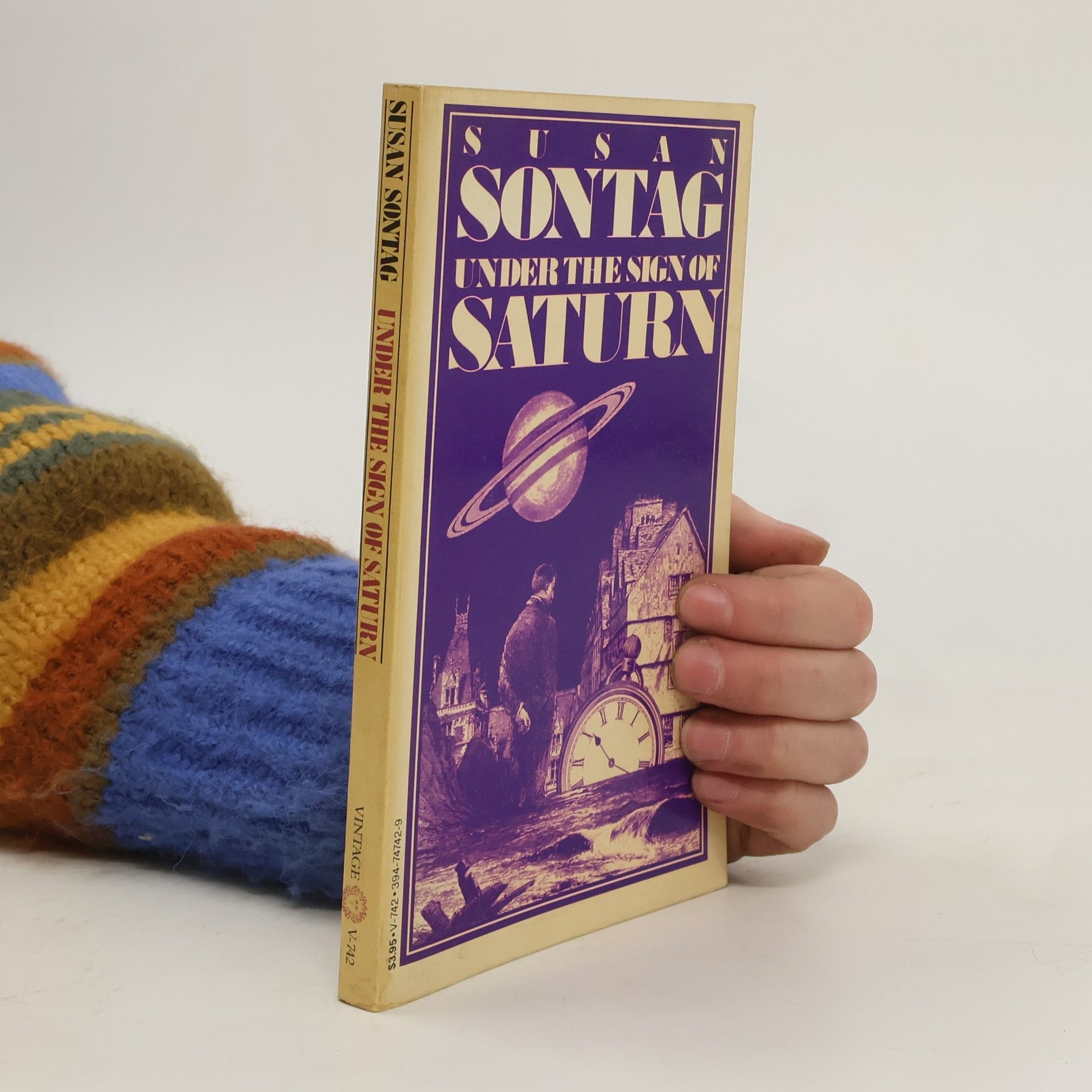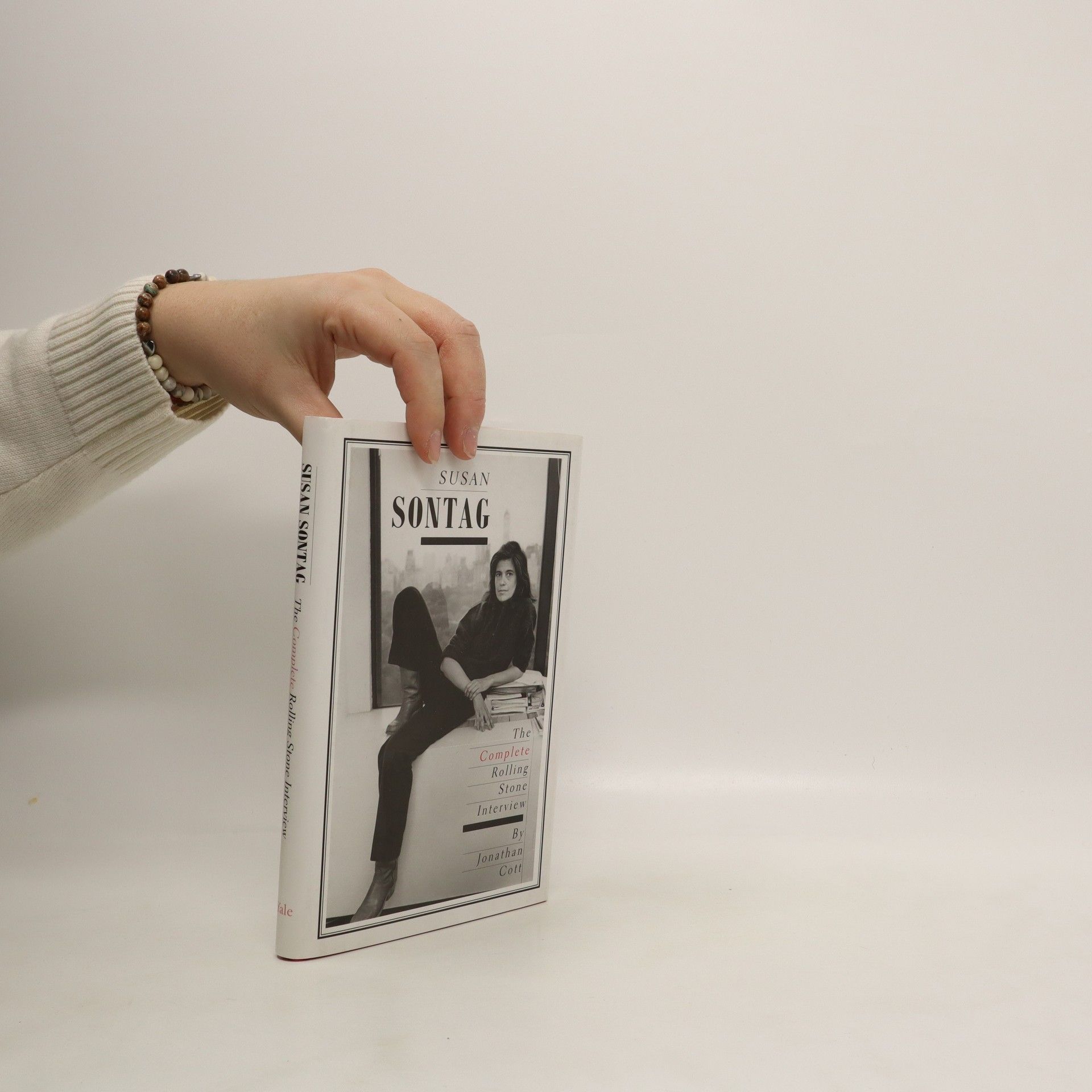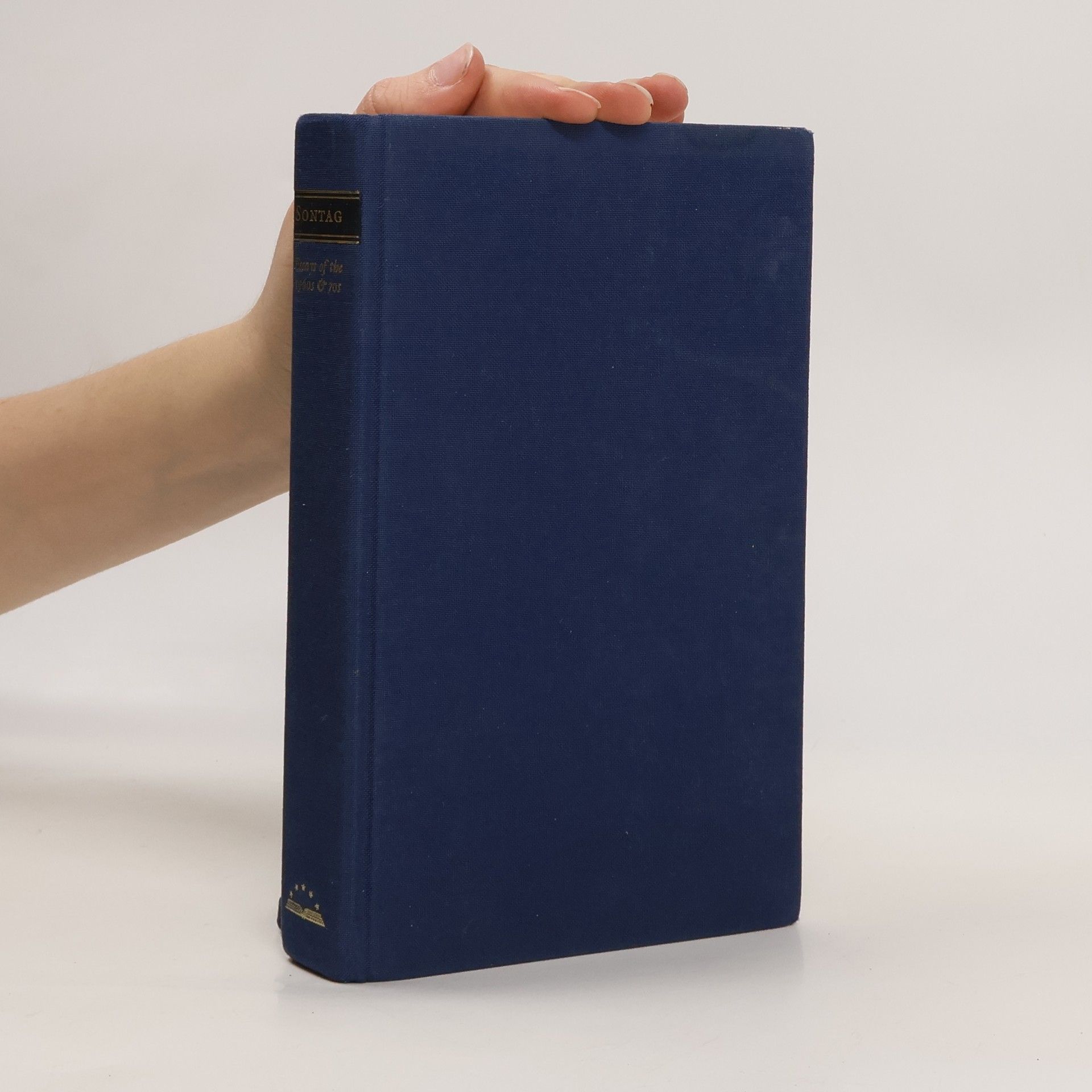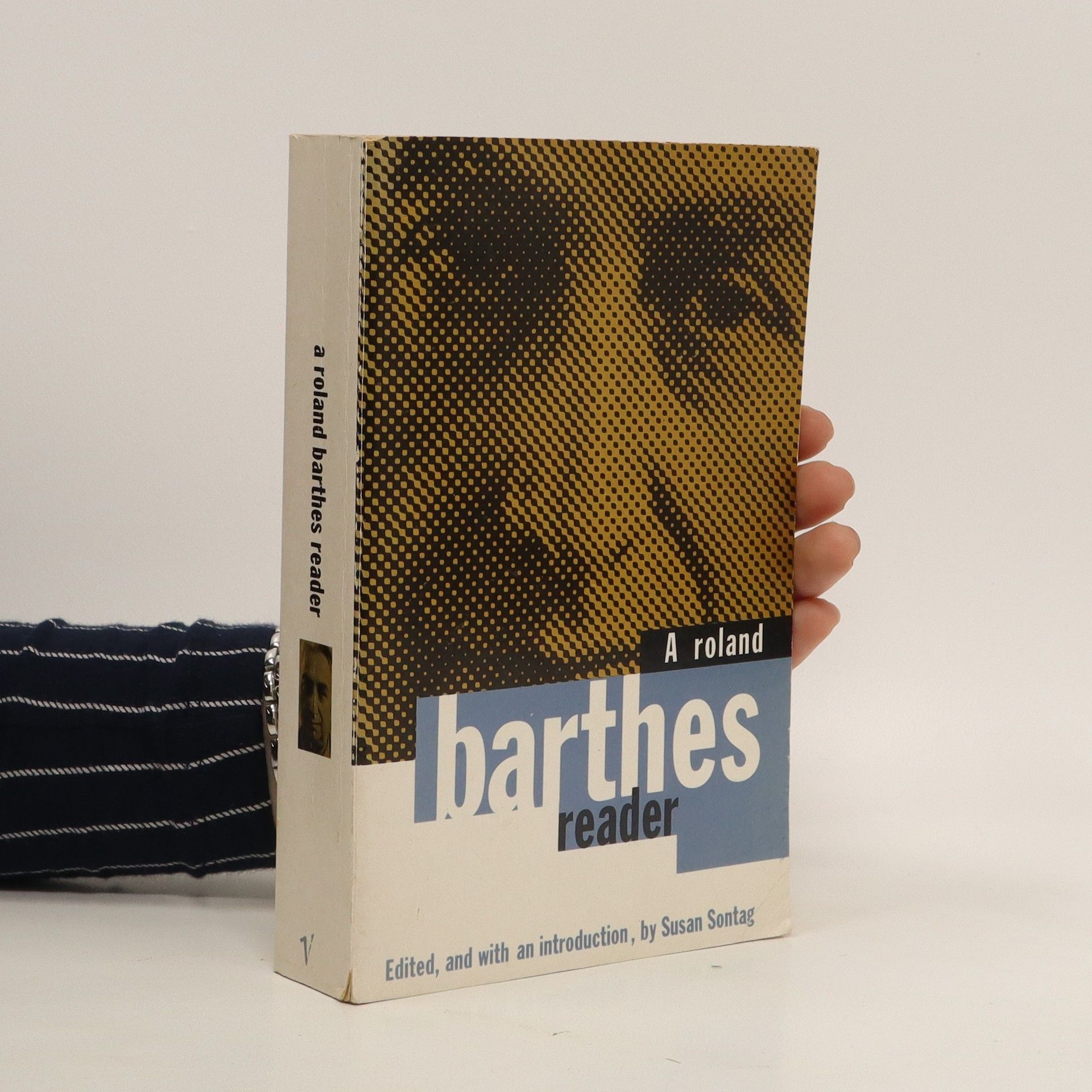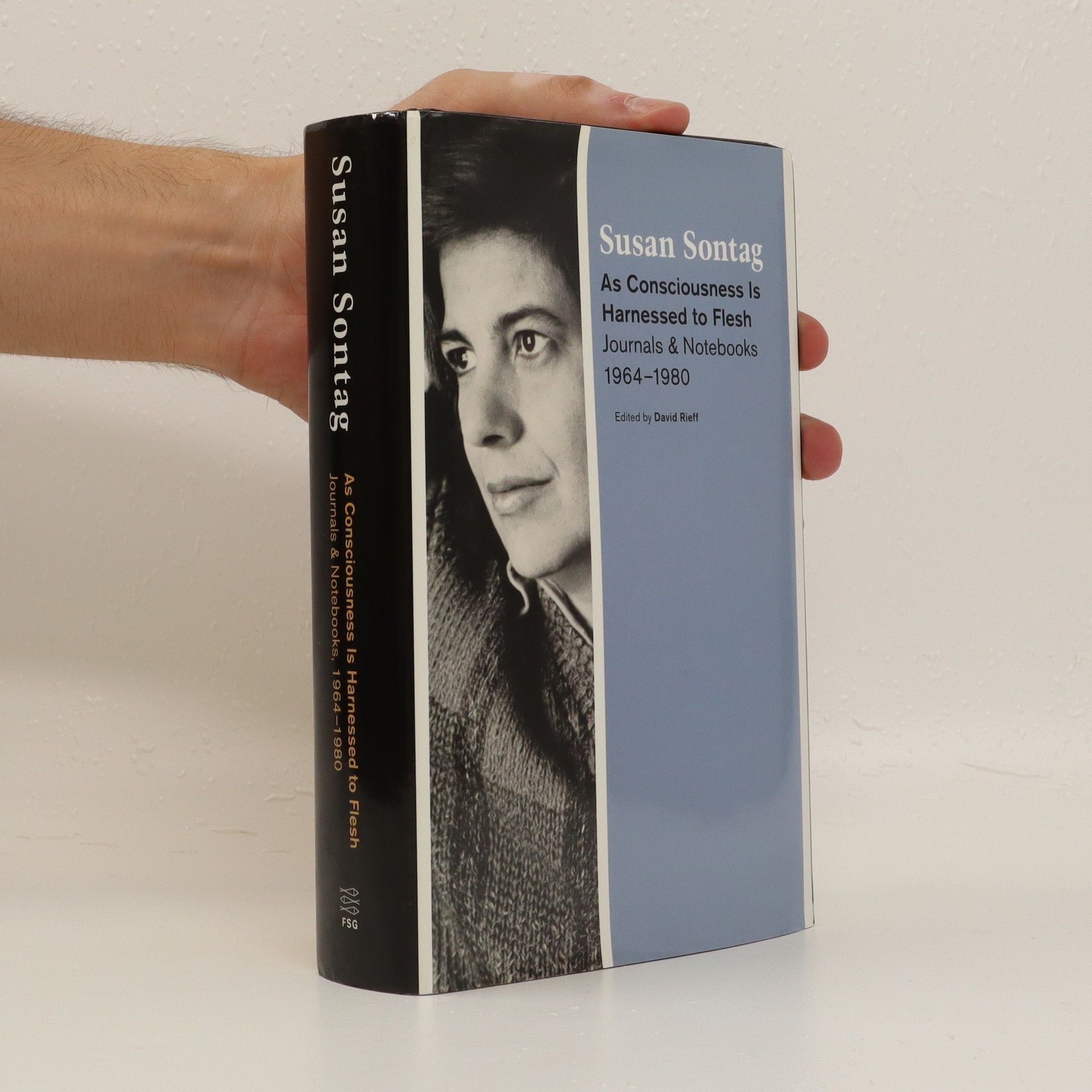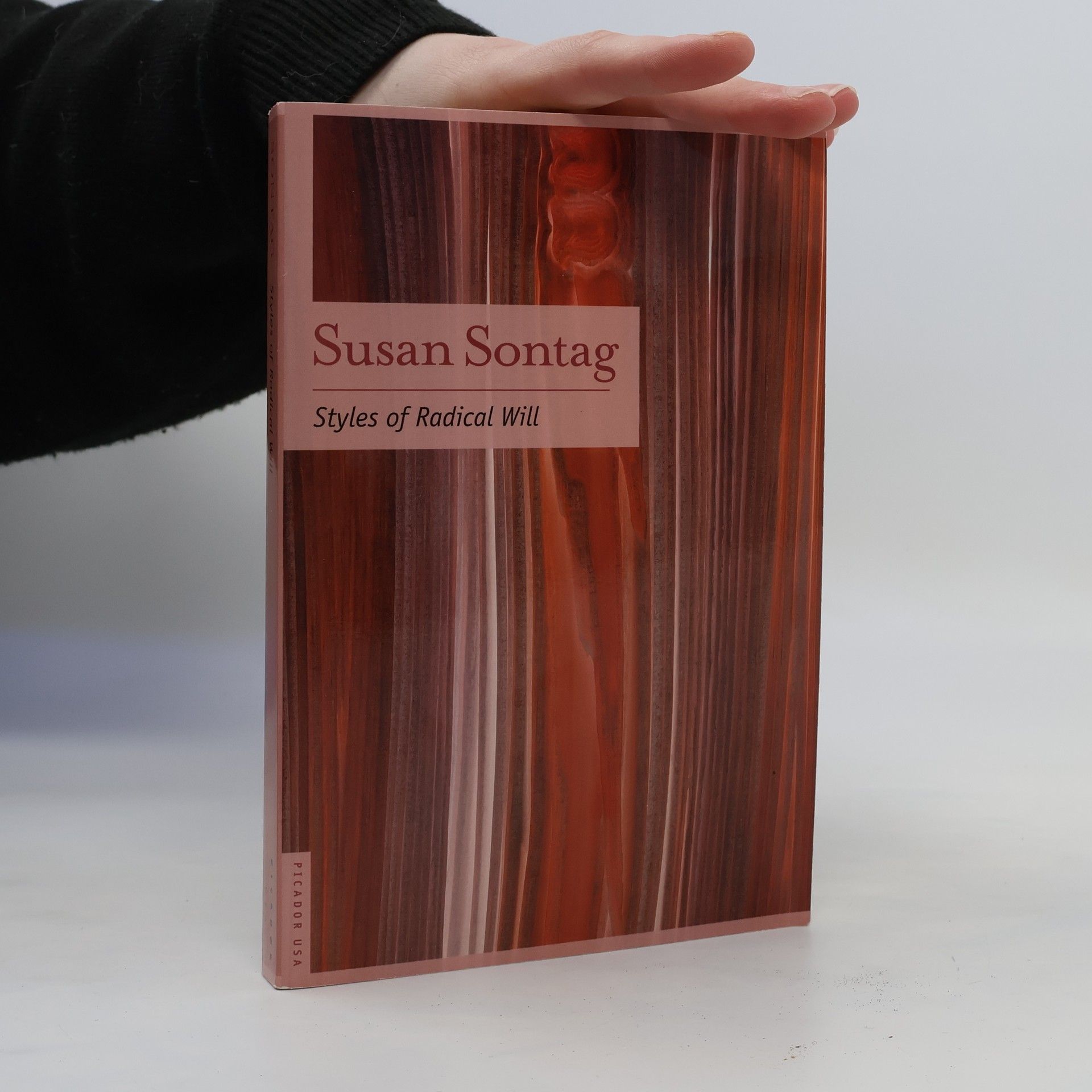Susan Sontag: Essays of the 1960s & 70s (LOA #246)
- 875pages
- 31 heures de lecture
With the publication of her first book, Against Interpretation, in 1966, Susan Sontag placed herself at the forefront of an era of cultural and political transformation. "What is important now," she wrote, "is to recover our senses ... In place of a hermeneutics we need an erotics of art." She would remain a catalyzing presence, whether writing about camp sensibility, the films of Jean-Luc Godard and Alain Resnais, her experiences as a traveler to Hanoi at the height of the Vietnam War, the aesthetics of science-fiction and pornography, or a range of modern thinkers from Simone Weil to E.M. Cioran. She opened dazzling new perspectives on any subject she addressed, whether the nature of photography or cultural attitudes toward illness. This volume, edited by Sontag's son David Rieff, presents the full texts of four essential books: Against Interpretation, Styles of Radical Will (1969), On Photography (1977), and Illness as Metaphor (1978). Also here as a special feature are six previously uncollected essays including studies of William S. Burroughs and the painter Francis Bacon and a series of reflections on beauty, aging, and the emerging feminist movement.


